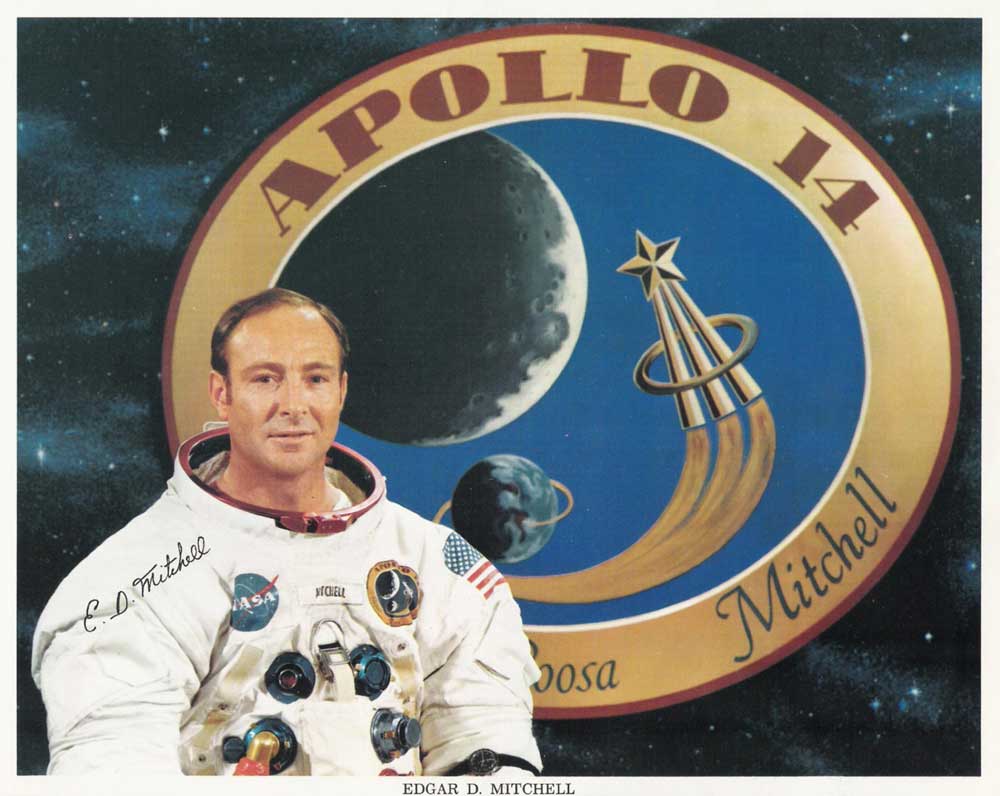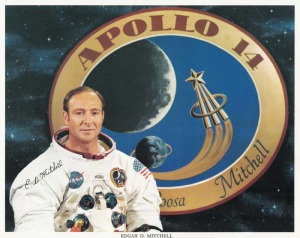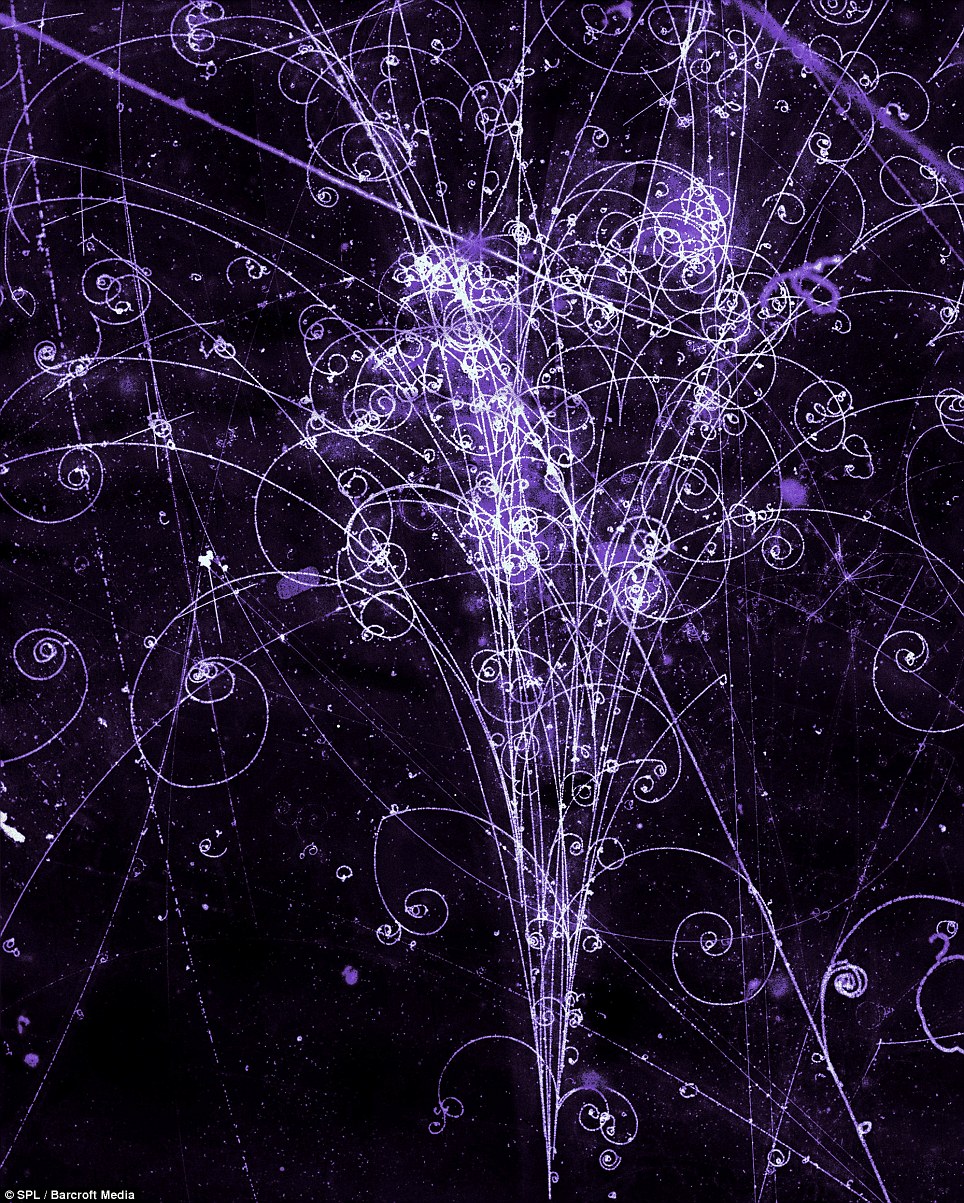“I realized that the molecules of my body and the molecules of the spacecraft had been manufactured in an ancient generation of stars. It wasn’t just intellectual knowledge — it was a subjective visceral experience accompanied by ecstasy — a transformational experience.
(…)
The experience in space was so powerful that when I got back to Earth I started digging into various literatures to try to understand what had happened. I found nothing in science literature but eventually discovered it in the Sanskrit of ancient India. The descriptions of samadhi, Savikalpa samadhi, were exactly what I felt: it is described as seeing things in their separateness, but experiencing them viscerally as a unity, as oneness, accompanied by ecstasy.”
The previous quote from Mitchell reminded me that what we see, hear, feel, taste, and smell originated in a stellar explosion more than five billion years ago. However, I think we can look back even further; when all matter in the universe was in a single sea of energy. We are all of such form and substance. Can we look back even further?
But tracing back our origins to the first stars suffers as a mental process. The neurons in our brain store such information and understanding as electrical impulses. Neurons acting in complex patterns inside our brain produce such visions of the past. Our emotions stimulate their acceptance and development. In effect, these thought processes only show our continual ignorance. Me, writing about this very idea seems to be in direct opposition to what I am trying to say. There seems to be an infinitude of ignorance and a strange loop of never ending information. For it seems simple to imagine the universe as only a manifestation of these information patterns. Perhaps the only solution is to accept ignorance and live. Or maybe there is a single source of information from which all information flows which we will eventually discover. Or, as I suggest, the only answer is to read
Godel, Escher, Bach over and over until your eyes are sore. But, throughout history, spiritual enlightenment has been the provider of such answers. Living through a religion in ignorance provides the simple answer to the universe. A religion allows us to stop asking questions; to stop searching for the answer. This raises the question: Can science be considered a religion?





